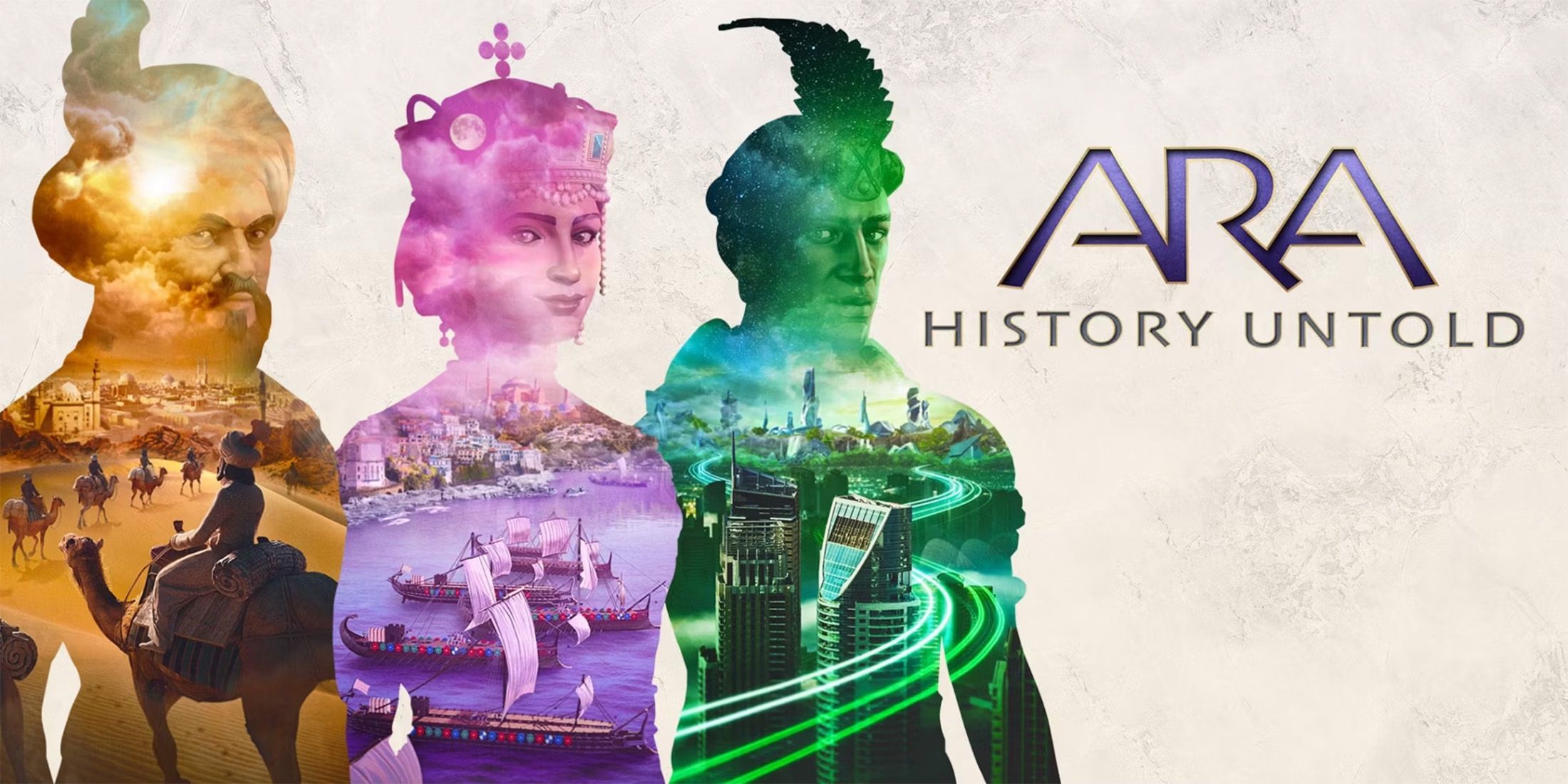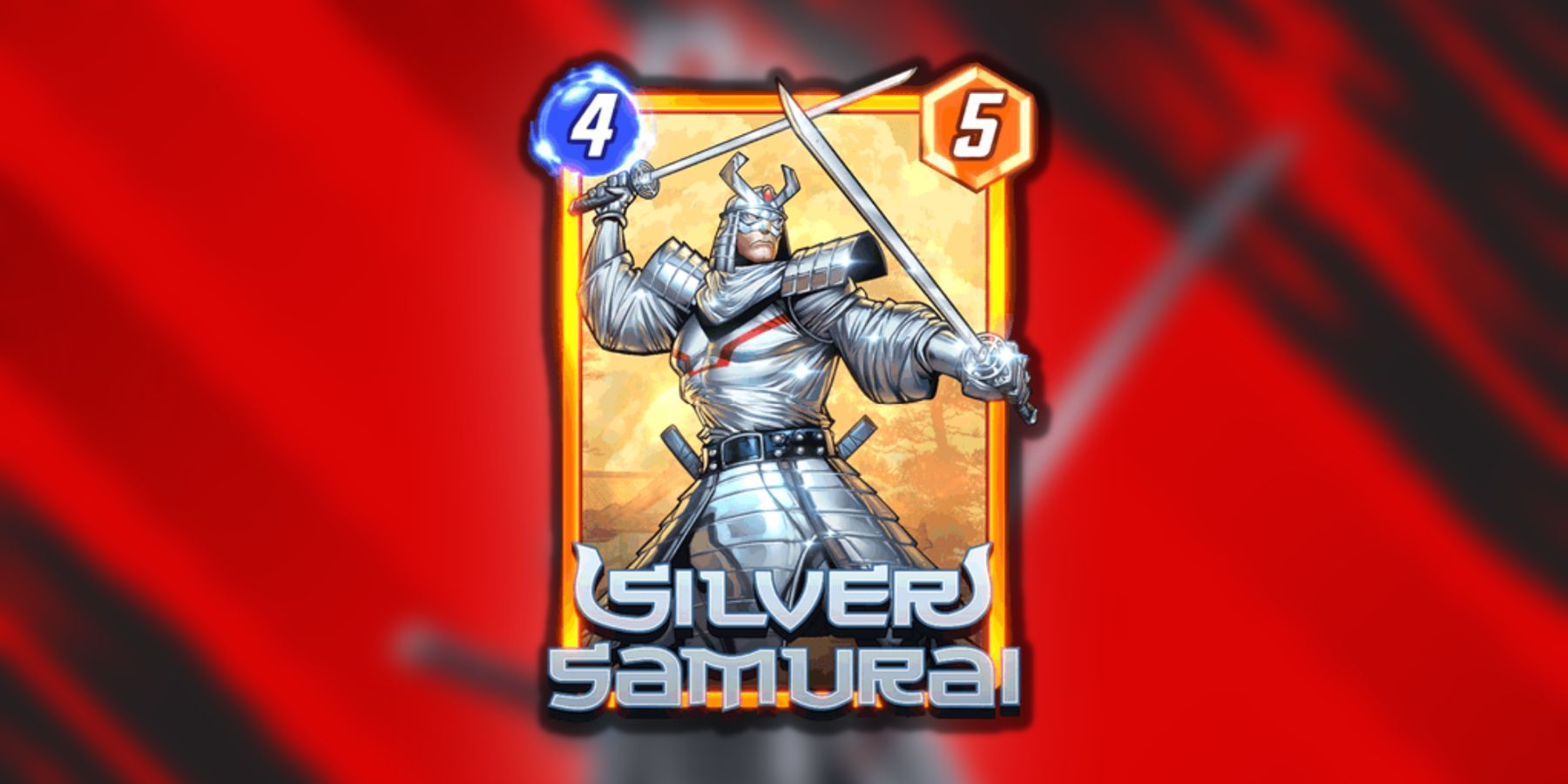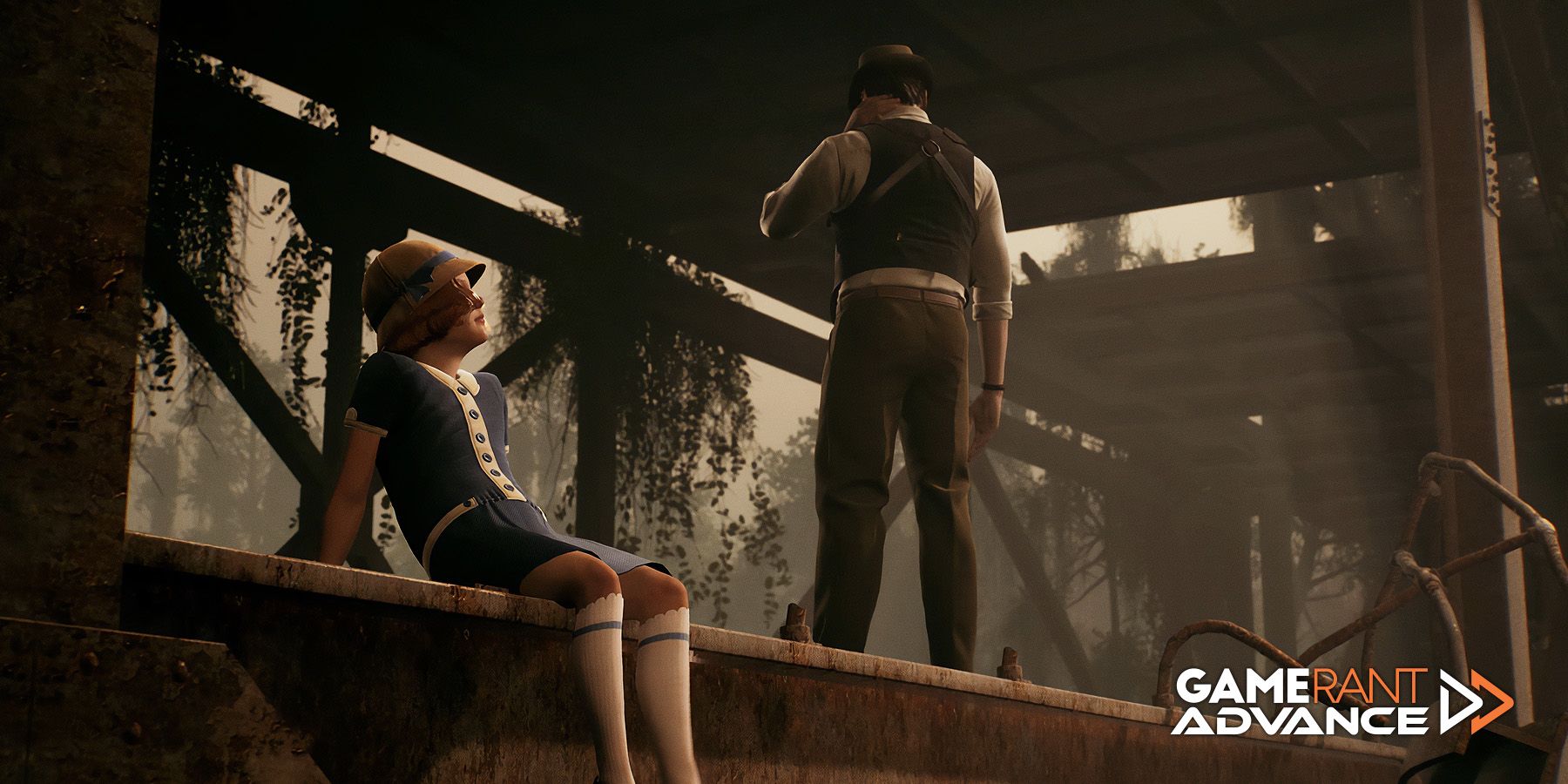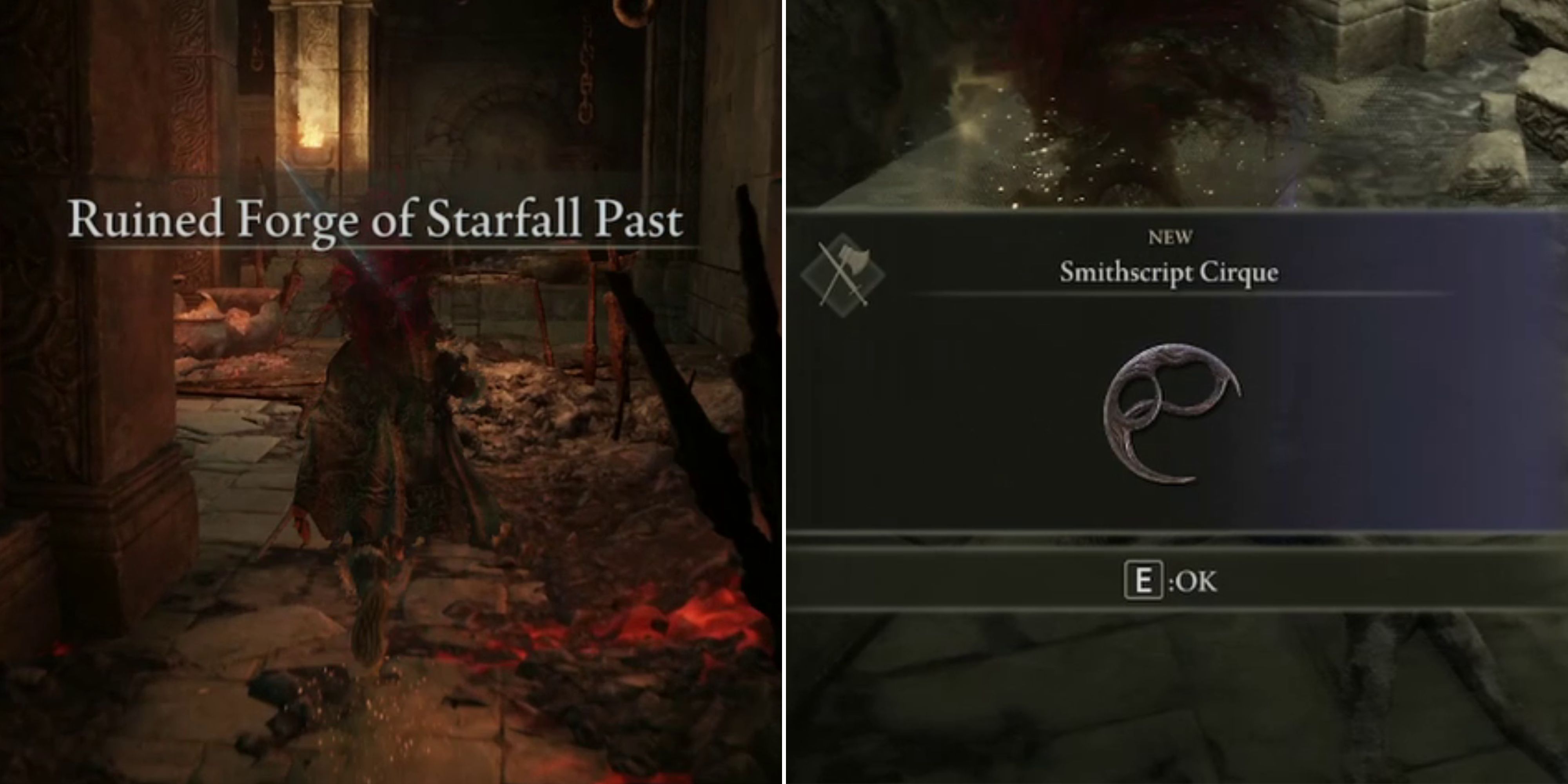Since its inception, the Sid Meier’s Civilization franchise has been one of the biggest name in 4X games. Across six different mainline titles and multiple spin-offs, Firaxis has continued to give players a thrilling adventure through history, with the upcoming Sid Meier’s Civilization 7 being one of the biggest titles to date. Because of its success, it is easy to see why other studios want to deliver their own similar experience. And Oxide Games has done just that with Ara: History Untold.
Announced back in 2022, Ara: History Untold is following in the footsteps of the Sid Meier’s Civilization franchise by letting players forge their own path throughout history. They once again take on a civilization, guide it through multiple eras, and hopefully make their mark on the world before they are taken out. But, while that core gameplay loop can be fun, the way Ara: History Untold approaches it leaves much to be desired.
Ara: History Untold’s Gameplay Loop Can Be Thrilling
Anyone who has ever played Sid Meier’s Civilization should know exactly what to expect with Ara: History Untold‘s core gameplay loop. Before the game can begin, players must select their nation, with over 40 different real world ones to choose from. Each leader has its benefits and drawbacks, with each one also having three different appearances to choose from. Once players find one that suits their playstyle, they can then manipulate the settings to build their own experience before jumping into the world of Ara: History Untold.
Once Ara: History Untold begins, players are given a starting city and must build out from there. They must train a scout to explore their surroundings, start construction on some useful buildings within their city, and begin their first research. Then, they hit the next turn button, sit back, and wait until their current projects are done. And once they are, they do it all over again.
As players progress further into the game, they will encounter other civilizations, tribes, and dangerous animals roaming the land. If they want to survive in this world, they will have to do their best to keep their neighbors friendly or be prepared for some grueling wars and devastation. Additionally, they must be careful not to fall behind in the technology tree, or they risk vanishing off the face of the world forever.
While this gameplay loop is not too different from what has come before, it is still extremely satisfying in Ara: History Untold. It feels like Oxide Games understood what makes titles like Sid Meier’s Civilization tick, so it chose not to change it too much. That being said, there are a few unique mechanics that do keep things a bit fresh, yet also a bit frustrating at times.
Ara: History Untold Injects a Few Intriguing Mechanics Into its Cities
One of the biggest changes in Ara: History Untold is the way that cities grow. Instead of waiting for the city to claim hexes by itself, once a city increases its tier, players are prompted to claim a new parcel of land. Each surrounding plot has its benefits and drawbacks, so players will want to plan accordingly to ensure their city has everything it needs. Then, after claiming said land, they are able to construct various improvements to help their civilization thrive.
These improvements come in the form of different buildings, and since there are no builders here, it is also where players build things like farms or mines. Additionally, these buildings do far more than simply provide a background bonus. Instead, they actually require players to craft various resources, similar to the likes of the Anno series. These resources can then help give cities bonuses if applied as amenities, or they may be required as part of a building project.
However, the sky is not the limit when it comes to these buildings. In fact, each parcel of land actually has a pre-determined number of buildings that can be constructed within it. So, players will want to ensure they are using their space wisely, because once the slots are filled up, they either have to demolish some improvements or wait for the city to level up again. And if they want to build some of the game’s triumphs, they will need to set aside an entire zone just for it.
Along with that, as a city levels up, it will also occasionally unlock some experts. These experts can be applied to certain buildings, giving them bonuses like faster production or more food. There really is not much more to these experts outside of that, but their existence does help give cities a bit more functionality, which is nice to see.
While all of this does give the cities a bit more life, as crafters are constantly crafting goods and things always need managing, it is also where one of Ara: History Untold‘s problems comes into play. It may be a 4X game, but sometimes it can get extremely overwhelmingly fast as there is far too much going on, especially when players have multiple cities. The entire thing is not helped by the fact that the UI is often tedious to navigate, with it not always being clear how to find certain things. And after a while, players may just get burnt out by the sheer number of things they have to juggle.
Ara: History Untold’s Acts and Eras are a Unique Twist
Much like Sid Meier’s Civilization, Ara: History Untold also puts a heavy emphasis on researching new technologies. This research gives players more things to improve their civilization with, and as they progress through the different ages, they will unlock even more exciting technologies. But, while that is also not too different from what has come before, the way these technological eras work feels incredibly unique.
As players build things, research technology, and engage in various actions, they will earn Prestige points. These Prestige points are earned throughout Ara: History Untold‘s three major acts, with each civilization being displayed on a scoreboard. As the acts progress, civilizations are split up into three different tiers depending upon how many points they have. The top three tiers are safe, but if the bottom tier is not careful by the time that act ends, then those nations will be eliminated. That means there is a constant race to ensure players have enough Prestige points or the world may move on without them.
Once a certain number of civilizations reach a certain technological era, Ara: History Untold will start counting down until the current act ends. So, if players are not close to finishing the current tech tree, they are actually able to skip ahead if they wish. They will lose out on many of the bonuses, yet if that is the only way to survive, then it is something they must do. Luckily, some future technology will also include those bonuses, but some may be lost forever. This makes for an intriguing research system. However, it also can be a bit aggravating, as players must spend more time collecting prestige than actually forging their path through history.
Ara: History Untold Falls Short of Being a Genre Great
Not only can the UI be cumbersome and the game’s many systems a bit overwhelming, but there are a few other aspects that let Ara: History Untold down. For starters, the game’s wars are rather lackluster, with them mostly just being focused on taking or protecting a single city. This means that players are not getting the massive 4X wars they may want, especially as units do not have 3D models unless players specifically choose to watch the battle ensue. Instead, they send a giant icon that displays their unit type with a number to attack another, with the battle quickly ending before it even began.
Along with that, there are hardly any options for diplomacy, the random quests do not feel that rewarding, and it is not always clear what players should be focusing on. While it does offer some strategy thrills, all of this really holds it back from being another genre kingpin. With DLC and future updates, it may have a chance to iron out its weaker aspects. But, outside a few unique twists, it feels like it is missing something to make it truly worth the price of admission.
Final Score: 6/10
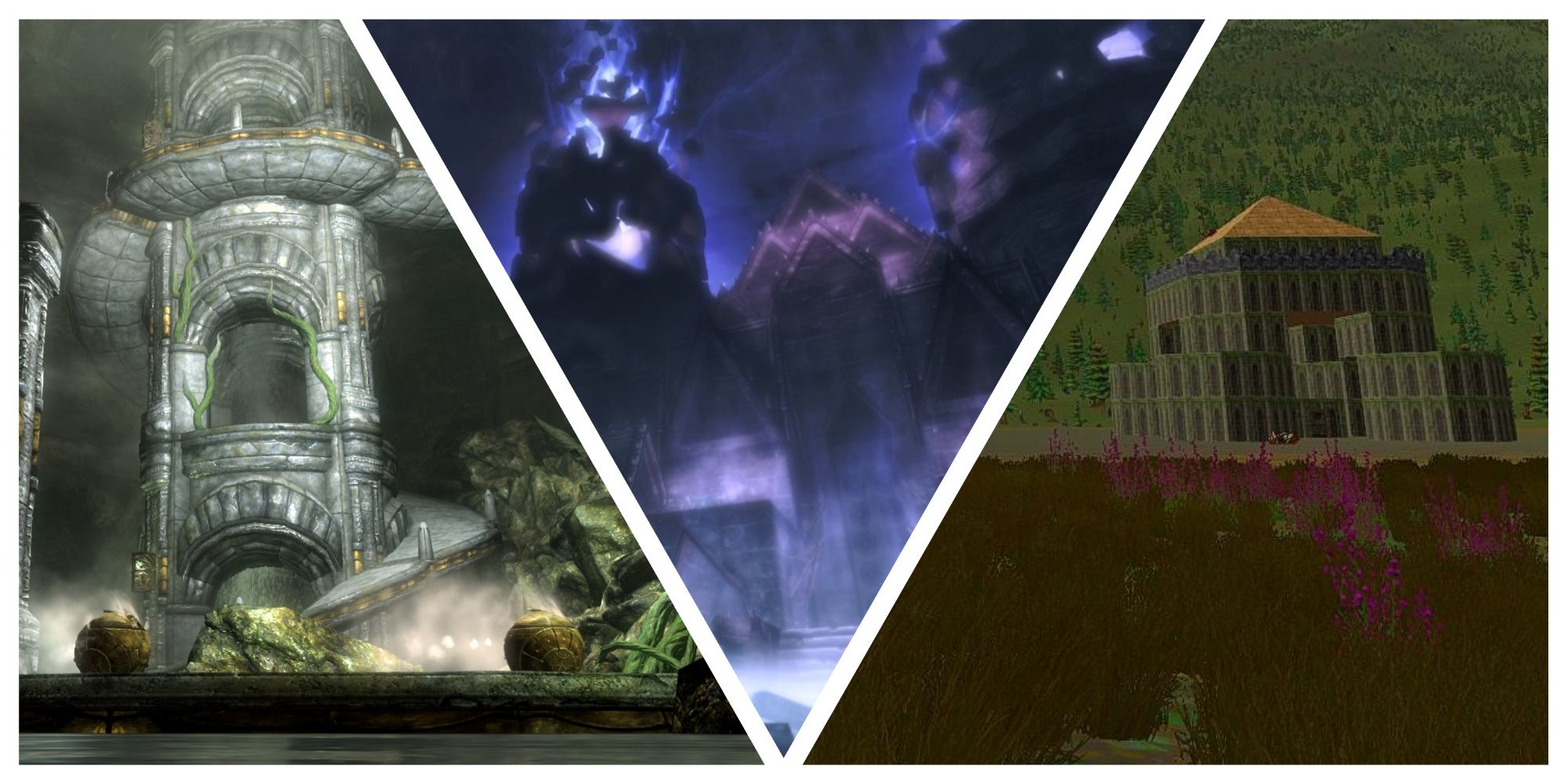
/cdn.vox-cdn.com/uploads/chorus_asset/file/25738618/lightning_to_3.5mm.png)
